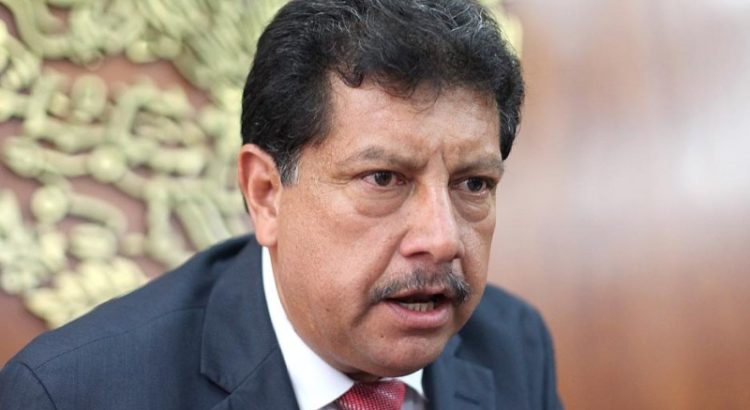Canadá/Febrero de 2017/Fuente: Newswire
RESUMEN: La ceremonia de inauguración se llevó a cabo en el campus físico de la escuela en Scarborough, donde asistieron estudiantes, maestros, personal y miembros de la comunidad. Scarborough-Agincourt MP Arnold Chan, Gerente de la Oficina de Constitución, Maestro Hilla, también asistieron a presentar un desfile de felicitación. «Estamos abriendo esta escuela para que más estudiantes puedan tener acceso a maestros y cursos que cumplan con los altos estándares de Ontario» dijo Jerry Yang, Director y Cofundador de Insight Academy of Canada. «Nuestro sistema escolar canadiense es uno de los mejores del mundo, y los estudiantes tanto a nivel local como internacional merecen la oportunidad de beneficiarse de este sistema». La nueva escuela ofrece cursos en el sitio de Scarborough, incluyendo un programa de tiempo completo dirigido a estudiantes internacionales que son nuevos en Canadá. Los servicios estudiantiles en este programa tienen como objetivo crear una transición suave para los jóvenes recién llegados estableciendo alojamientos residenciales, ayudando a los estudiantes a adaptarse a la nueva cultura y proporcionando apoyo lingüístico según sea necesario.
Today marked the official opening of Insight Academy of Canada, an onsite and online high school offering courses from Grade 9 to 12. The opening ceremony was held at the school’s physical campus in Scarborough and attended by students, teachers, staff, and community members. Scarborough-Agincourt MP Arnold Chan’s Constituency Office Manager, Hilla Master, also attended to present a congratulatory scroll.
«We are opening this school so that more students can have access to teachers and courses who meet Ontario’s high standards» said Jerry Yang, Principal and Co-Founder at Insight Academy of Canada. «Our Canadian school system is one of the best in the world, and students both locally and internationally deserve the opportunity to benefit from this system.»
The new school offers onsite courses from the Scarborough location, including a full-time program directed at international students who are new to Canada. Student services in this program aim to create a smooth transition for young newcomers by setting up residential accommodations, assisting students while adjusting to the new culture, and providing language support as needed.
Online courses are also offered by Insight Academy of Canada as an alternative to the traditional classroom. «The way young people are earning their education is changing» said Yang, «online courses create a new option for students who would not otherwise have access to a traditional high school in Canada.» Yang added that the school has started outreach to international students who want to get a head start before making the move to Canada.
For local students in and around the GTA, the school is offering a flexible way to complete high school on a course-by-course basis, as well as a non-profit Olympiad Math Program as an affordable option for extracurricular competitive math training.
Fuente: http://www.newswire.ca/news-releases/insight-academy-of-canada-celebrates-grand-opening-offers-international-opportunity-for-students-seeking-ontario-high-school-credits-612783453.html














 Users Today : 7
Users Today : 7 Total Users : 35460216
Total Users : 35460216 Views Today : 10
Views Today : 10 Total views : 3418905
Total views : 3418905